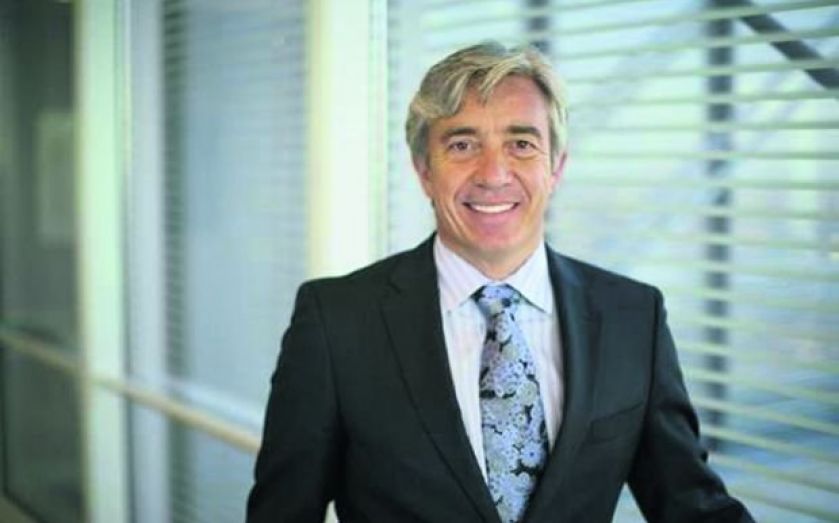| Updated:
Indivior IPO: Reckitt Benckiser splits off addiction unit

Addiction treatment firm Indivior is set to join the FTSE100 as parent Reckitt Benckiser yesterday said it would float the business as a separate entity.
However, the drug business may not remain listed in London for long – 80 per cent of its revenues come from the US, and its chief executive Shaun Thaxter expects to review its domicile over the coming years.
“We are happy to be listed in London and the immediate priority is to get off to a successful start, with organic growth of the business,” Thaxter told City A.M.
“We will take future decisions as time evolves – but for the near-term, we will focus on making a success of what we have got.”
Existing shareholders in Reckitt will continue to own the new firm, in the same proportions as their current holdings.
If the shareholders agree to the deal at a general meeting on 11 December, then it will start trading publicly on 23 December.
Reckitt Benckiser will continue to focus on its core brands such as big names Cillit Bang and Durex.
Splitting the two into different entities should mean each can focus on its own core business.
But analysts say there are some warning signs over the new firm.
“The fact that the operation is being listed as a separate entity implies that no potential buyer emerged for the unit at the right price,” said Gary White at Charles Stanley, who saw challenges ahead for the new standalone business.
“Total revenues from the Indivior business are expected to fall by more than 12 per cent this year and profits are likely to fall by a fifth.”
Indivior’s net revenues came in at £505m for the first three quarters of the year, down eight per cent on the same period of 2013.
Over the same period, the rest of Reckitt Benckiser saw its profits rise by three per cent to £7.04bn.
Indivior’s main product is Suboxone, a heroin addiction drug. It lost its patent-provided exclusivity on the product in 2009, but retained a 60 per cent market share in the US, giving the firm hope that it would retain solid sales while it developed a wider range of drugs.
Its pipeline includes drugs for cocaine overdose and alcohol dependency, as well as treatments for schizophrenia.
Its main research and development sites are in Hull in the UK, and Fort Collins in the US.
PROFILE: SHAUN THAXTER
Reckitt Benckiser’s 12-year-old pharma business is like a child ready to fly the nest, its chief exec Shaun Thaxter told City A.M. yesterday.
“This is a natural evolution – as the business has become bigger, more sophisticated and more complex,” said the British boss who is based in Virginia. “The visibility, risk and reward profile are more those of a speciality pharma firm.”
And as the firm leaves the parent group, Thaxter expects to keep up its focus overseas.
“The US business will continue to grow. Twelve million people abuse opiods annually in the US and 2.5m of them need treatment for addiction. We have 450,000 patients in treatment,” he said. “It is tragic from a public health perspective, but structurally it is a strong market with headroom.”
“For every $1 spent on treatment, governments save $12 in other costs you would incur had the patient not moved into treatment.”